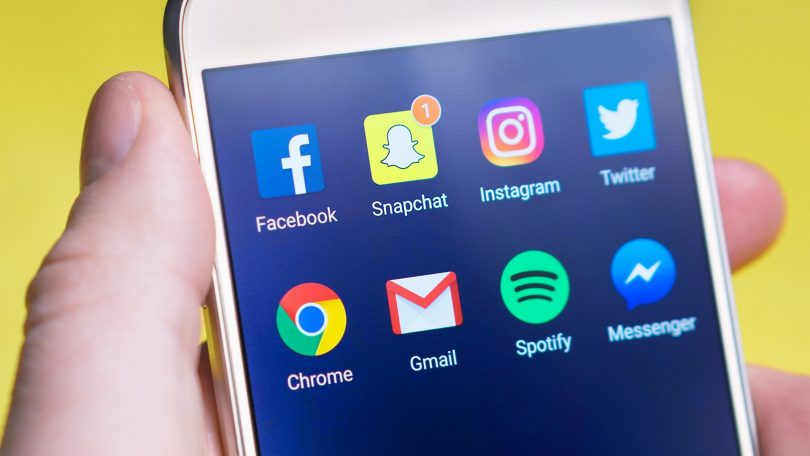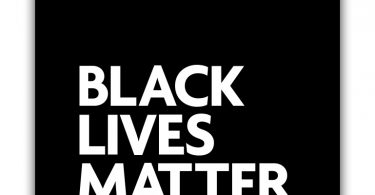Free mobile phone apps could soon improve disadvantaged children’s education.
“If our phones and apps can help us bank, shop, diet, exercise and figure out where we are, why not also help us with helping our children to develop their communication and reading?” That’s the question asked in a speech by Education Secretary Damian Hinds. The speech announced different ways the government will improve the nation’s education of small children.
What has inspired this suggestion?
According to Department for Education statistics, 28% of four and five year olds don’t have the communication and literacy skills that they’re expected to have by the end of Reception year. In light of this, the government has now pledged to halve this number by 2028.
How will the government implement these apps?
Mr Hinds noted there are many educational apps currently available on the market. However, these are often not widely known and it is difficult to guess which is the best. Cost is also an issue for many parents. Therefore, his government department is launching a competition to pick the best apps. The government would then make the chosen apps free and readily available.
What else are the government doing to improve education?
In Damian Hind’s quest to halve the figure of young children lacking basic skills, Mr Hinds is forming a coalition. It will be made up of businesses, charities, tech companies and media groups. It includes respected organisations such as the National Literacy Trust and Public Health England. There is going to be a summit later this year where they’ll brainstorm practical ideas to help parents support their child’s language and literacy skills from an early age.
It was also announced that schools will soon be able bid for a share of a £30 million fund intended to provide high-quality nursery places. Schools can come forward with innovative approaches to close the gap for disadvantaged children.




























